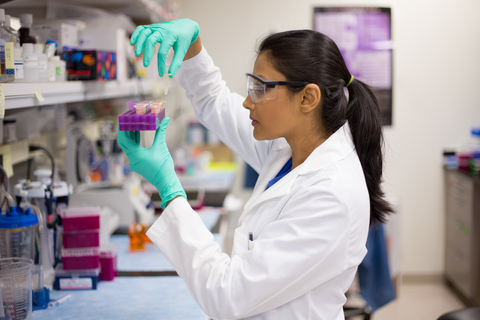Complex regional pain syndrome treatment ineffective

The University of Liverpool has reported that a study published by researchers at its Institute of Translational Medicine, in Annals of Internal Medicine, has shown a potential treatment for people with complex regional pain syndrome (CRPS) is ineffective.
CRPS is a severe post-traumatic pain condition affecting one or more limbs and is associated with regional pain, and sensory, bone and skin changes. The causes of CRPS, however, are yet to be fully understood. Approximately 15% of people with CRPS still have symptoms one year after onset that severely impact quality of life. For these people prognosis is poor and drug therapy for pain relief is rarely effective.
Two small clinical trials had suggested that low dose use of a drug consisting of a mixture of antibodies, called immunoglobulin, may improve symptoms in people with CRPS.
A team of investigators led by researchers at the Pain Research Institute at the Institute of Translational Medicine sought to confirm the efficacy of low dose immunoglobulin in reducing CRPS pain. The researchers trialled the same drug in a group of one hundred people who had had CRPS for between one and five years. The study participants were treated with two low doses of intravenous immunoglobulin over six weeks, or placebo, and their pain intensity was measured daily between days six and forty two.
Over the six week trial, there was no difference between the pain intensities in the two groups, and no one in the active group reported substantial pain reduction of more than 50%.
Dr Andreas Goebel, Reader at the Pain Research Institute, said “Sadly the low-dose immunoglobulin technology was ineffective. These results suggest that alternative pain relieving (analgesic) technologies are needed to allow treatment of this complex, severe long lasting disease.”








